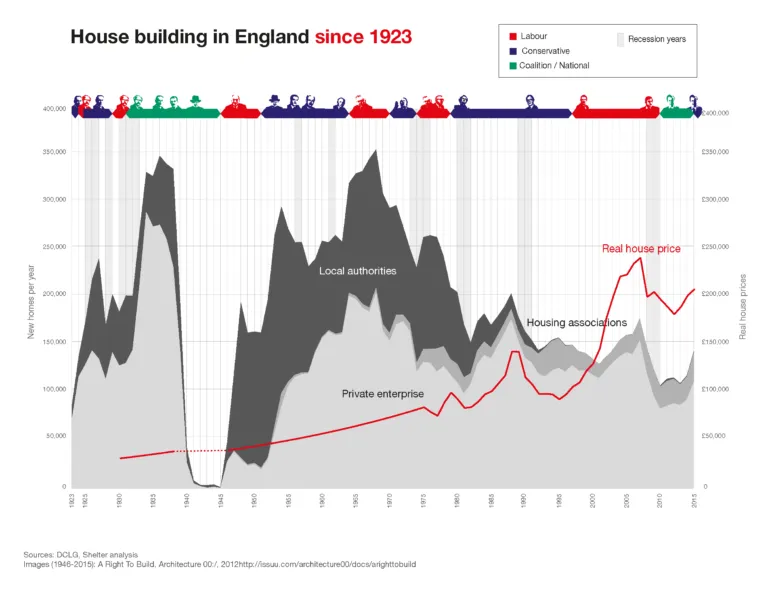Pride versus stigma in social housing as the Big Conversation gets underway
Published: by Kate Webb

This week, the commissioners who are leading Shelter’s Big Conversation into the future of social housing met for the second time. They reviewed the evidence that’s begun to come in– including interim findings from interviews with social tenants – and started to sketch out the direction their recommendations will take.
It was a wide-ranging discussion and we’re excited about the ambition of the commissioners. They met with survivors and bereaved people from Grenfell earlier this month, and the message they heard was clear: something worthwhile has to be found to come out of the tragedy of the fire. Combined with the pressing housing and homelessness crisis, the need for a clear vision for social housing couldn’t be more urgent.
There were some interesting discussions which are worth airing:
No one likes the term ‘social housing’
Very few of the commissioners like the term ‘social housing’. This was echoed by the tenants Britain Thinks have been interviewing. People either describe themselves as a ‘council’ or a ‘housing association’ tenant, and very few people find ‘social housing’ to be a meaningful or inspiring phrase.
Coming up with an alternative is trickier. There is a distinct and important difference between councils and housing associations, which means one term can’t be used as a catch-all. ‘Affordable housing’ is a much-bastardised term, and attempts to come up with a new descriptor are challenging.
The stigma towards social housing is real
Britain Thinks is only at the start of its public attitudes research, but it’s clear that both tenants and their neighbours, and the broader public agree that social housing is negatively stereotyped and stigmatised. Some people claim to reject stereotypes themselves – although more careful probing suggests they can also fall prey to them. For example, social tenants may feel that a particular street or estate is full of problem neighbours. This led on to a discussion of whether it’s tenure per se that’s stigmatised, or particular locations.
One area we’ll be probing further is the extent to which stigma undermines support for more social housing. There was some suggestion that people who would potentially benefit from the low rents and security of social housing are reluctant to apply for it because of the stigma they associate with it – alongside more concrete concerns around the lack of choice over location. This translates into a lack of political will to really consider social housing as a key tool for cracking the housing crisis.
Social protection versus social mobility
Another reason that emerged for why potential tenants screen themselves out of social housing is the idea that it is for the neediest. People have a perception that someone in greater need would or should receive a tenancy before them.
As one commissioner summed up, this creates a spiral where support for and supply of social housing shrinks ever more, as it’s associated with a smaller and smaller group of people. Cracking this residualisation will be a key question for the commission to consider.
The conversation also noted that this approach shows a remarkable lack of ambition for what social housing could be. Debate has focused on its social protection role rather than considering how low rents and secure tenancies can foster social mobility and strong communities. The tenants we’ve been hearing from tell us clearly that one of social housing’s greatest strengths is the strong communities that so often surround it – but that’s far less prominent in the broader public debate.
None of this is rocket science
One of the starkest facts for our commissioners is the decline in new supply of social housing. Our oft-referenced mega graph sets this out clearly: as a country, we just haven’t been building the social housing needed for decades.

Amid this context, commissioners reflect that it isn’t remotely surprising that social housing has become residualised, that potential tenants worry they’re not needy enough, and that stock has become increasingly concentrated in the most deprived neighbourhoods.
It’s often said that there isn’t a silver bullet to fix the housing crisis, but at our second meeting, the commissioners began to name one: just start building social housing again.
- Want to join the Big Conversation? We’d love to hear your thoughts on social housing, and its part in fixing the housing crisis